US can’t build anti-Iran consensus, not even at home: Foreign Ministry
Iran says the United States will not be able to create a consensus among the international community against the Islamic Republic, adding such a consensus does not exist even in the US.
Foreign Ministry Spokesman Saeed Khatibzadeh made the remarks during his first news conference in Tehran on Monday after taking over from Abbas Mousavi who was named as Iran's new ambassador to Azerbaijan.
He was addressing the incessant US push to rally world countries behind itself and against the Islamic Republic. US Secretary of State Mike Pompeo is currently visiting Israel as part of the most recent bout of Washington’s anti-Iran barnstorming, after which the American top diplomat will travel to the United Arab Emirates, Bahrain, and Sudan.
“Do not be concerned about the US building a consensus because it cannot create such a consensus against Iran even at home,” Khatibzadeh said.
“Have you ever known any country that has been more isolated than the United States throughout the history of international relations?” he added.
The US recently presented a draft resolution at the United Nations Security Council (UNSC) in New York that sought to extend an arms embargo against Iran. The ban will legally expire in October under a 2015 nuclear deal between the Islamic Republic and others that the US has left, and thus forfeited all of its contractual rights.
Only the Dominican Republic voted in favor of the draft, with Russia and China vetoing it and the rest of the Security Council members abstaining.
On Thursday, Pompeo presented the council with a “notification” that it was seeking to enable a “snapback” of the UN sanctions on Iran now that it had failed to target the embargo.
According to reports, 13 of the UNSC’s 15-strong members have snubbed the US’s second push too.
The spokesman said Iran outpaced the US that day by submitting a letter to the UN Secretariat before the notification was sent, in which Foreign Minister Mohammad Javad Zarif had proved the illegality of Washington’s efforts.
The letter’s timely registration made Iran look like the plaintiff and the US the defendant, he said.
Iran-IAEA relations
Khatibzadeh separately addressed the issue of Iran’s relations with the International Atomic Energy Agency (IAEA).
The relations that he considered to be of great importance have had their ups and downs, but were stabilized following the conclusion of the nuclear deal that is officially known as the Joint Comprehensive Plan of Action (JCPOA), the official said.
The JCPOA’s formation enhanced the two sides’ ties to such a level that made Iran the biggest recipient of visits by IAEA experts during the agency’s history, he said.
The official, however, advised that the agency retain its neutrality and not be swayed by any third party.
Relations between Iran and the IAEA would stay free of whatever setback as long as the agency retained its independence and resisted third-party pressure, the spokesman noted.
Israel kills 5 more paramedics in southern Lebanon: Health ministry
Iran to launch ‘new, advanced’ centrifuges in response to IAEA resolution: AEOI
Yemen fires hypersonic missile at Israeli airbase
VIDEO | New Delhi chokes under toxic smog as air quality remains at hazardous levels
VIDEO | Press TV's news headlines
VIDEO | ICC's arrest warrant for Netanyahu to worry Western politicians: Former British diplomat
Iranians protest against Israel after Netanyahu ICC warrant
Germany undecided on complying with ICC arrest warrants for Israeli war criminals




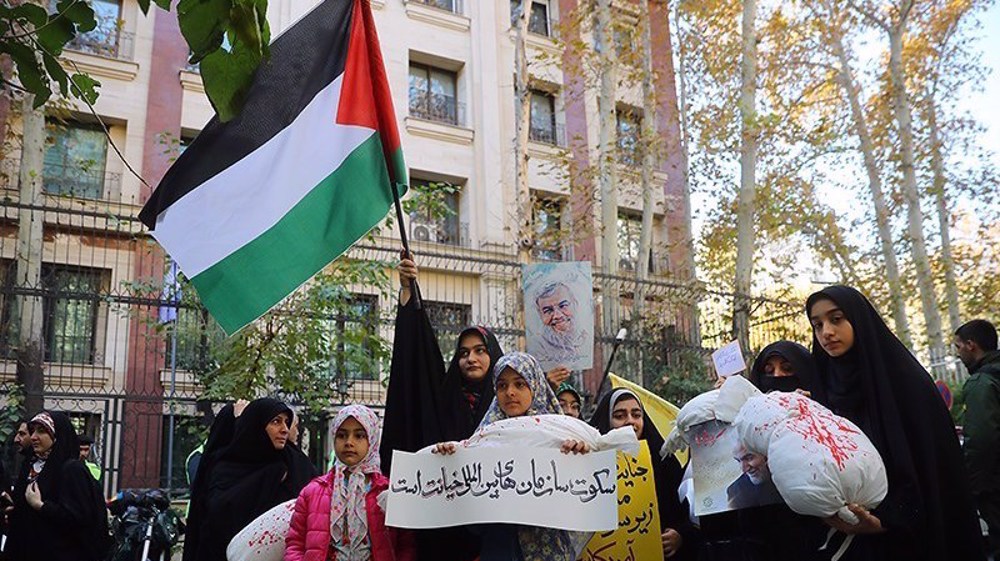
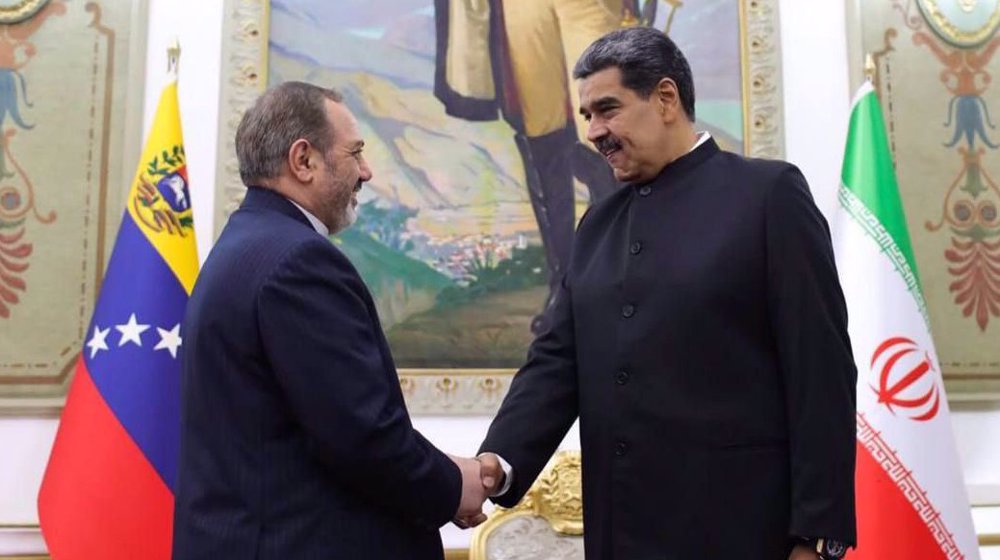
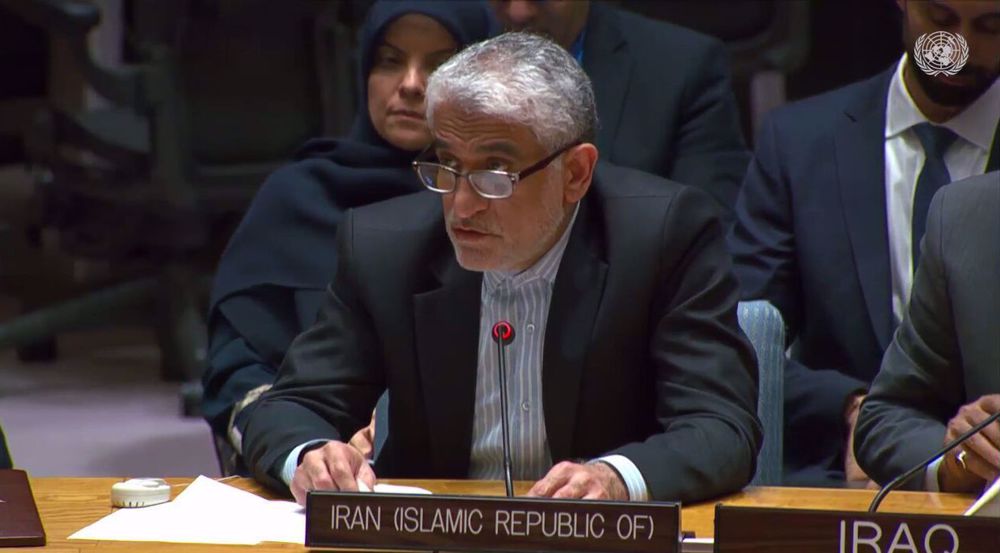



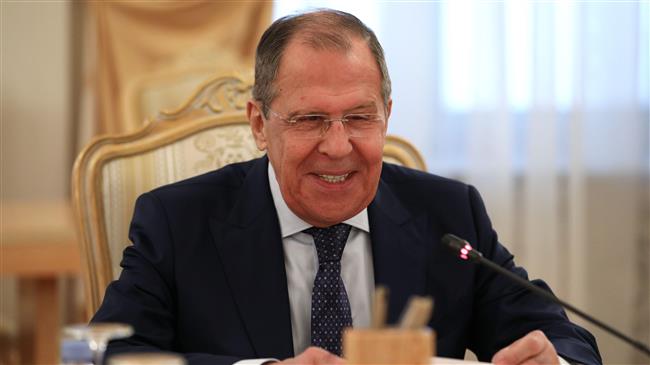
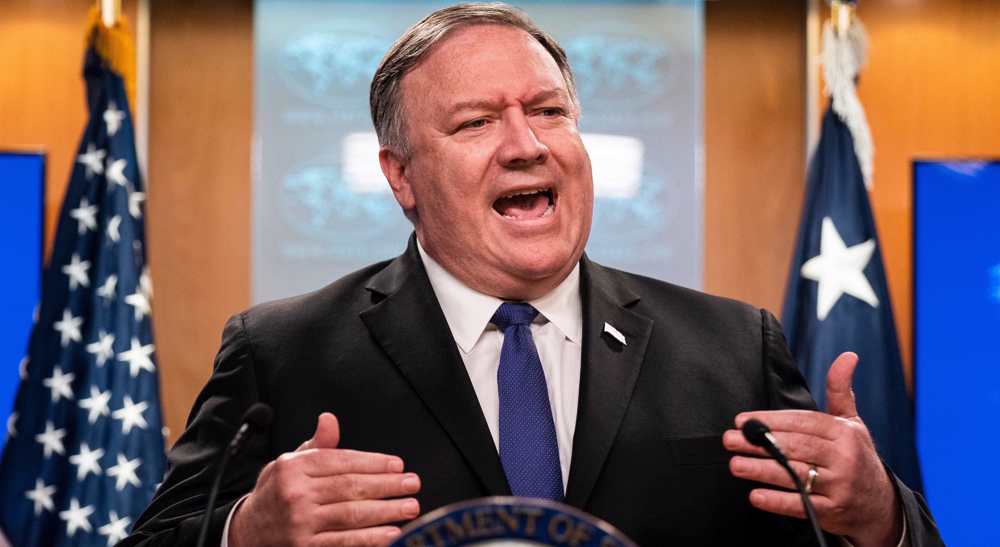


 This makes it easy to access the Press TV website
This makes it easy to access the Press TV website